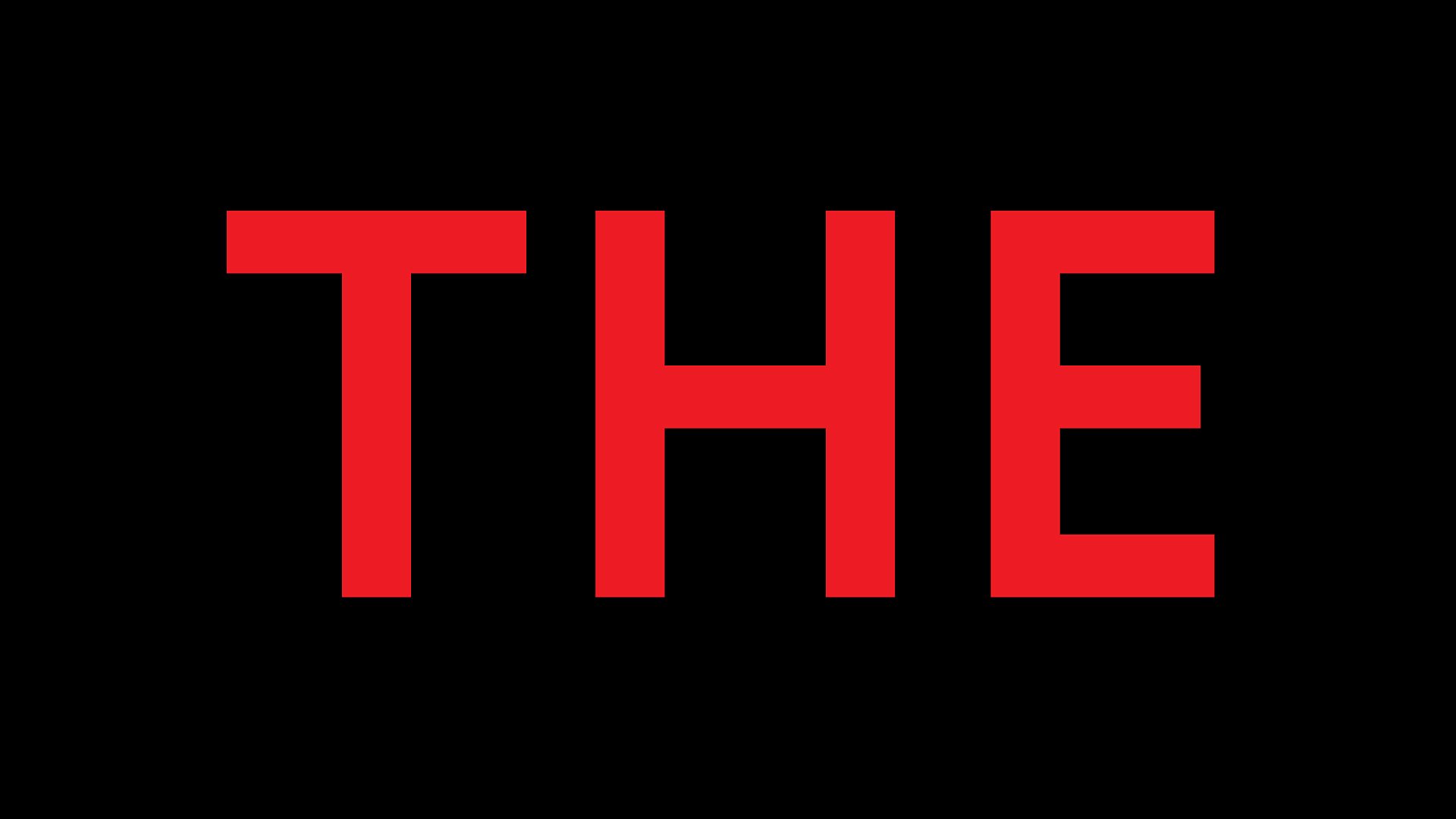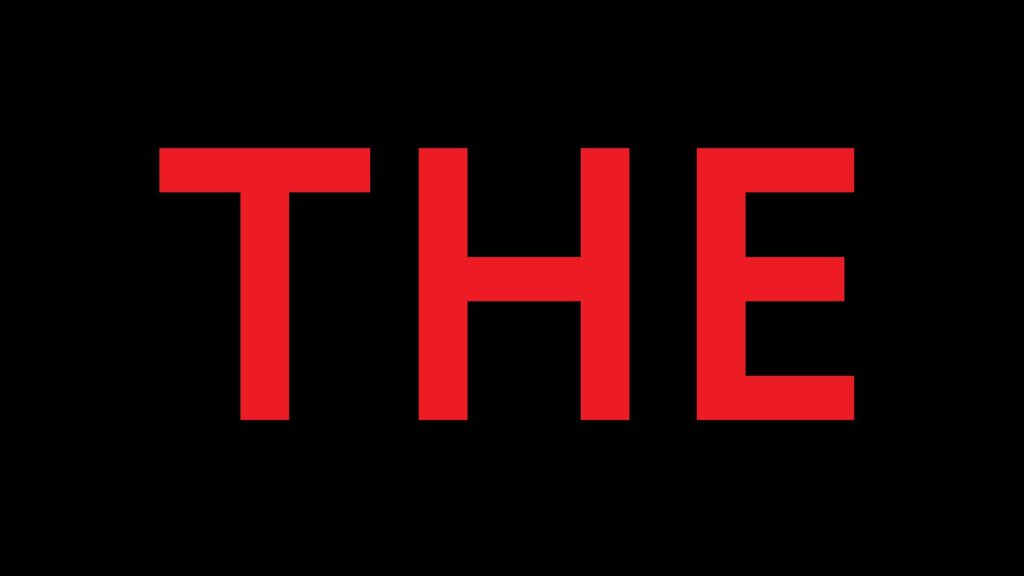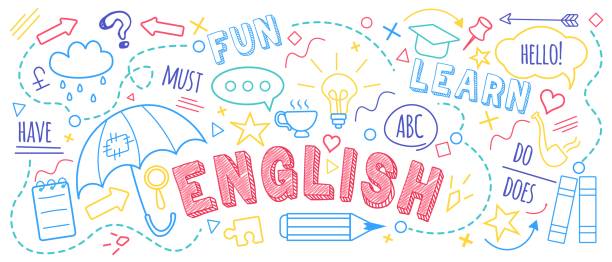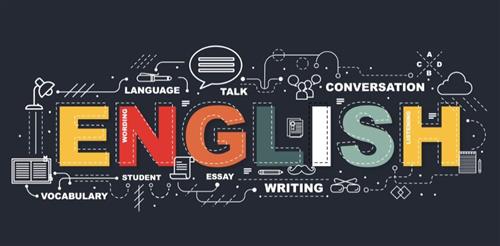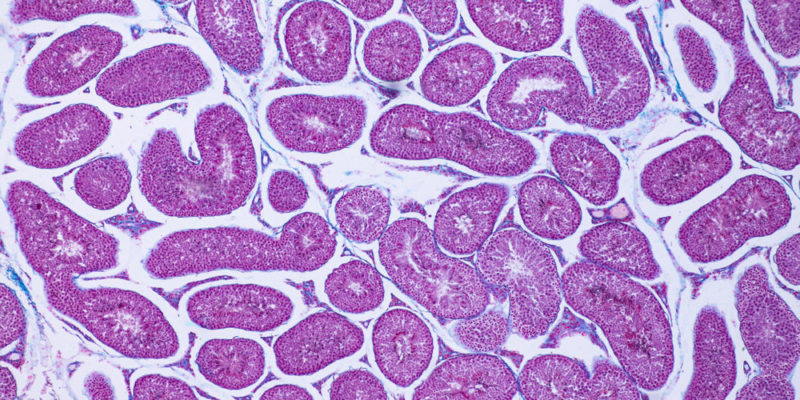Adjectives. Clase de Inglés Adjetivos.
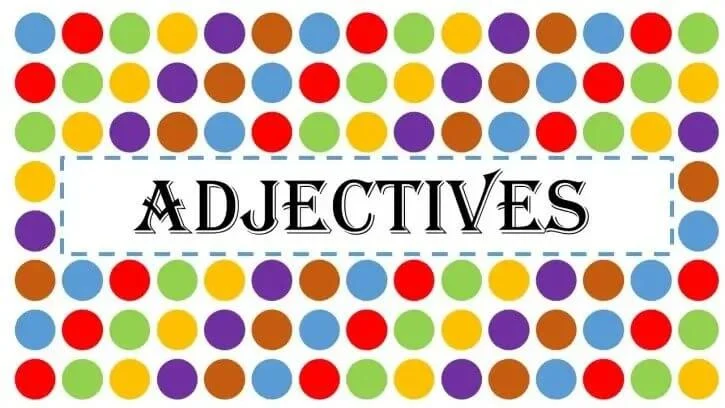
- Adjectives are words used to describe people, things, events etc. They are used in connection with nouns and pronouns
- Adjectives can be used in two ways:
1)Before nouns: (attributive position)
Examples: a nice day
an old song
a blue sky
a young man
2) In the complement of a sentence after some verbs like is, seem, look, and a few other verbs (predicative position)
Examples: She is beautiful
He is old
It seems all right They look tired
Appearance Adjectives
adorable
beautiful
clean
elegant
fancy
glamorous
handsome
long
magnificent
old-fashioned
plain
sparkling
ugly
unsightly
Color Adjectives
red
orange
yellow
green
blue
purple
gray
black
white
Condition Adjectives
alive
careful
clever
dead
easy
famous
helpful
important
odd
powerful
rich
shy
tender
uninterested
Feelings (Good) Adjectives
brave
calm
delightful
eager
faithful
gentle
happy
jolly
kind
lively
nice
obedient
proud
silly
thankful
victorious
Feelings (Bad) Adjectives
angry
embarrassed
fierce
grumpy
helpless
itchy
jealous
lazy
mysterious
nervous
repulsive
scary
thoughtless
uptight
worried
Shape Adjectives
broad
chubby
curved
deep
flat
high
low
narrow
round
shallow
skinny
square
straight
wide
Size Adjectives
big
fat
gigantic
great
huge
large
little
long
short
small
tall
tiny
Sound Adjectives
loud
melodic
noisy
purring
quiet
raspy
screeching
thundering
voiceless
whispering
Time Adjectives
ancient
brief
early
fast
late
long
modern
old
quick
rapid
short
slow
young
Taste/ Touch
Adjectives
bitter
delicious
fresh
juicy
hot
nutritious
sticky
strong
sweet
tasteless
uneven
weak
wet
yummy
Touch Adjectives
broken
cold
cool
creepy
curly
damaged
dirty
dry
dusty
hot
warm
wet
Quantity Adjectives
abundant
empty
few
full
heavy
light
many
numerous
SINGULAR AND PLURAL NOUNS
- A noun names a person, place, thing, or idea.
- Nouns give names of concrete or abstract things in our lives.
- For the plural form of most nouns, add s. For example:
bottle – bottles
cup – cups
pencil – pencils
desk – desks
sticker – stickers
window – windows
For nouns that end in ch, x, s, or s sounds, add es.
box – boxes
watch – watches
bus – buses
For nouns ending in f or fe, change f to v and add es.
wolf – wolves
wife – wives
leaf – leaves
life – lives
Some nouns have different plural forms.
child – children
woman – women
man – men
Nouns ending in vowels like y or o do not have definite rules.
baby – babies
toy – toys
kidney – kidneys
potato – potatoes
memo – memos
stereo – stereos
A few nouns have the same singular and plural forms.
sheep – sheep
deer – deer
series – series
species – species
